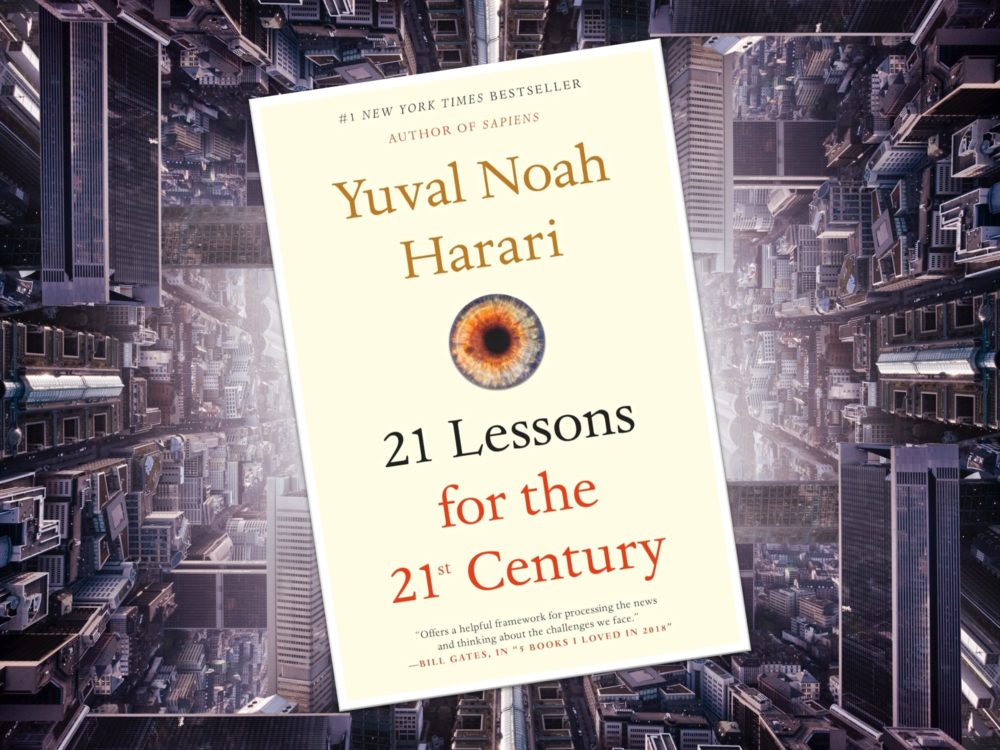In “21 Lessons for the 21st Century,” Yuval Noah Harari presents a compelling mosaic of the human condition, as viewed through the lens of today’s most pressing challenges. This book is not merely a read; it is an intellectual journey that offers a panoramic view of our contemporary world. Harari’s work stands as an important piece of critical review, dissecting the complexity of the 21st century with surgical precision.
Each chapter serves as a mirror, reflecting the multifaceted societal issues that define our era, namely chapter by chapter:
- Disillusionment: The end of the liberal story and the disillusionment that comes with the realisation that the liberal narrative may not solve all of our problems.
- Work: The challenges of a future where AI and automation may replace much of human labor, and the importance of adapting our understanding of work.
- Liberty: The impact of big data algorithms and the potential loss of individual freedom and political liberties.
- Equality: The growing inequality that could result from biotechnological and AI revolutions, and the possible creation of a “useless class”.
- Community: The importance of community in an age of individualism and the role it plays in our sense of identity.
- Civilisation: The concept of civilisation as a global identity and the tension between global and national interests.
- Nationalism: The potential benefits and dangers of nationalism and its role in the future of humanity.
- Religion: The relevance of religion and its place in the modern world, especially in the face of new ethical dilemmas.
- Immigration: The complex issues surrounding immigration and the need for a balance between global and local values.
- Terrorism: The psychological impact of terrorism and the disproportionate fear it generates compared to its actual threat.
- War: The changing nature of war in the 21st century and the increasing role of technology and information.
- Humility: The recognition of our ignorance and the importance of humility in the face of the unknown.
- God: The human tendency to create stories, including the story of God, to make sense of the world.
- Secularism: The principles of secularism and how they can help us navigate the challenges of the modern world.
- Ignorance: The danger of assuming we know more than we actually do, particularly in a complex world.
- Justice: The need to rethink our concepts of justice and fairness in a rapidly changing world.
- Post-Truth: The era of ‘post-truth’ and the political and social implications of this phenomenon.
- Science Fiction: The influence of science fiction on shaping our understanding of the future and the ethical questions it raises.
- Education: The need to adapt our education systems to prepare future generations for the world they will live in.
- Meaning: The search for meaning in a world where old stories have collapsed and new stories have yet to be written.
- Meditation: The role of meditation in gaining clarity and insight into the patterns of our own minds.
While not all aspects presented are unambiguous, the book’s strength is in its invitation to dialogue and reflection. It is a great reading for anyone who cares deeply about these issues and is willing to engage with the uncertainties and complexities that come with them.
In essence, “21 Lessons for the 21st Century” is a great compass for navigating the tumultuous waters of our age.










